Ishita Ayan Dutt
ITC may be a late entrant in the Rs 29,000-crore personal care industry growing at 12 per cent every year, but it sure is making competition count.
Some number crunching will establish that the cigarette-to-hotels major has indeed made inroads into an intensely competitive market often marked by pressured margins. In just two years, ITC's personal care business has notched up market share of about 5 per cent (volume) in soaps, and around 3.4 per cent in shampoos.Brands Vivel and Superia are each estimated to be more than Rs 200 crore (Rs 2 billion) per annum in consumer spend.
ITC's success: A unique brand building experience
Image: Vivel and Superia soaps and shampoos get popular.What helped ITC cut across the clutter is probably its product proposition: a wide range of products meeting international quality standards but developed on the basis of Indian consumer experience.
Of course, chief executive of personal care strategic business unit, Sandeep Kaul, believes it's not one selling proposition, but several that have helped ITC carve out a place in the market.
ITC's success: A unique brand building experience
Image: Fastest growing set of brands.No doubt. At ITC, there is a lot that goes into understanding the consumer. The company spent close to four years researching at its centre in Bangalore before the first product from the personal care stable rolled out.
"That is why our products have been accepted by the consumer. We probably have the fastest growing set of brands in the market," Kaul points out before adding rather modestly that the base is also small.
ITC's success: A unique brand building experience
Image: FMCG business contributes close to 50 per cent to the turnover.
ITC's success: A unique brand building experience
Image: In the mid-market segment Vivel is popular.
ITC's success: A unique brand building experience
Image: Vivel Active Fair Cream.Launch pad
"Our track record in launching new products has been pretty excellent," Kaul says. That's putting it mildly. The personal care business of ITC has gained ground leveraging investments in R&D, product development and brand building.
The company made a foray into the fast-growing and relatively under-penetrated domestic skin care market with the launch of Vivel Active Fair Cream (the fairness cream market is estimated at Rs 1,900 crore) in June 2010. The product has been well received in the launch markets and is being progressively rolled out to target markets.ITC's success: A unique brand building experience
Image: Fiama Di Wills brand launched in September 2010.Recently, ITC entered the men's grooming segment with the Aqua Pulse shower gel and soap. "We are progressively seeing a trend, wherein men are beginning to look for value propositions and products created keeping them in mind. People are becoming more and more discerning," Kaul explains.
ITC's success: A unique brand building experience
Image: Strong portfolio of products.The business continues to leverage investments in manufacturing facilities at Haridwar (Uttarakhand) and Manpura (Himachal Pradesh). Apart from the fiscal benefits that accrue on such investments, these facilities also provide a higher degree of flexibility in manufacturing.
ITC's success: A unique brand building experience
Image: Success in its lifestyle retailing and the stationery segment.
ITC's success: A unique brand building experience
Image: ITC stepped into lifestyle.It's only much later that it introduced mass market brands Classmate notebooks and John Players menswear.
Then in 2001 ITC entered the food business with premium ready-to-eat brand Kitchens of India and followed it up in 2003 with the launch of the Aashirvaad range of ready meals in the Rs 35-50 price band.
ITC's success: A unique brand building experience
Image: Rural digital infrastructure empowering four million farmers.The rural market, which is currently the hotbed of FMCG battles, is ITC's strongpoint while many may find it challenging reaching out to consumers there.
"It's a combination of direct reach and wholesaling that ITC has developed over the years. We are perhaps one of the few organisations that reaches two million outlets," Kaul adds.The e-choupal network, the world's largest rural digital infrastructure empowering four million farmers in 40,000 villages, is another area of engagement that ITC can tap.
"We have existing relationships there based on the network that can be leveraged to disseminate both the product story and its value proposition," Kaul explains.
ITC's success: A unique brand building experience
Image: More companies are reaching out to rural India.For people more comfortable with investing less money at a time, ITC has what the FMCG world is selling the fastest these days - products in sachets.
"It's an Indian psyche. Sachets are sold in urban and the rural markets, though the percentage may be higher in rural," Kaul says.
ITC's success: A unique brand building experience
Image: ITC Grand Maratha hotel.Is inorganic expansion an option? "We are always open to options of inorganic growth.
However, we will be able to do or get into inorganic growth only if we believe that we can create more value than existing handlers of the asset. Given the market construct in India, there are not many opportunities that are available for acquisition," Kaul explains the ITC philosophy.
ITC's success: A unique brand building experience
Image: Investments in non-cigarette businesses have started yielding positive results.Three products have been voted as consumer's choice in a Nielsen survey. Kaul would like to see more such milestones. "Winning consumer affection is our priority number one. We have been meeting our expectations," Kaul says proudly.
The company doesn't want to share the targets, but Angel Broking says, while cigarettes will continue to remain the main profit centre, investments in non-cigarette businesses have started yielding positive results, many of which are just about a decade old in the 100 years of the company's existence.
ITC's success: A unique brand building experience
Image: ITC chairman YC Deveshwar.At the last annual general meeting, ITC chairman YC Deveshwar had said that the investment opportunity for ITC in the FMCG business - cigarette and non-cigarette - over the next seven to 10 years was likely to be Rs 8,000 crore.
With the frenetic rollout of products, it would be safe to assume that the personal care business would get a significant chunk of that.
ITC's success: A unique brand building experience
Image: ITC's personal care products for all.ITC's personal care portfolio is designed to appeal a cross-section of consumers with its differentiated value propositions.
Essenza Di Wills is a range of super premium offerings which includes fragrances and bath and body care products with distinctive olfactory profiles.
The brand aims to offer "a balance between the classical and the contemporary" with offerings for both men and women. Essenza Di Wills deodorant is priced at Rs 475 and the perfumes upwards of Rs 1,800.Fiama Di Wills is a range of bath care products especially designed for consumers who seek to indulge themselves in premium experiences through products and services.
The brand offers a range of shampoos, conditioners, soaps and shower gels that combine exotic natural elements like sage, watercress and magnolia blossoms with contemporary technology like hydro restorative system, hair restore technology and the cuticle restore technology. The products are priced between Rs 33 and Rs 120.
ITC's success: A unique brand building experience
Image: Vivel soap.The Superia range comprises soaps and shampoos aimed at the value consumer. The products are priced between Rs 5 and Rs 52.
ITC's success: A unique brand building experience
Image: Fiama Di Wills Hannah Montana pack.With the core proposition to offer consumers a unique brand experience, ITC's personal care business has engaged in a slew of consumer contact programmes:
Fiama Di Wills collaborated with Walt Disney to launch a limited edition Fiama Di Wills Hannah Montana pack for Indian teens.
This association with Walt Disney's teen popstar provided a unique opportunity for Fiama Di Wills to engage with a younger demography. Fiama Di Wills "Shine in Style" Hannah Montana Packs received an overwhelming response, says the company.The Vivel Active Fair within months of its launch received extremely encouraging consumer response. The brand, in a special initiative for consumers in Kerala, gave young women an opportunity to be the next gorgeous face of the Malayalam film industry. Reputed Malayalam director Lal Jose was roped in for the selection process.
Vivel Soaps undertook the Vivel Lakshadhikari contest in Andhra Pradesh.
ITC's success: A unique brand building experience
Image: Vivel Lakshadhikari contest.Superia recently announced its 'Superia Saundarya Sakhi' initiative in Uttar Pradesh. It is an initiative to enhance skills of women entrepreneurs in the business of beauty across the state of Uttar Pradesh. As a part of this initiative, Superia will reach out to 4,000 beauty parlour owners in more than 30 districts of Uttar Pradesh.
Superia has also announced the 'Superia Chamakta Sitara' campaign in Uttar Pradesh. The contest, in association with schools across 29 districts of Uttar Pradesh, aims to recognise all-round development among students.
Students from grade 7 to 12 will compete to become the 'Superia Chamakta Sitaras'. These students will be judged on the parameters of grooming, attendance, academics and extracurricular activities. The campaign will reach out to more than 1,000 schools.(With inputs from Shine Jacob)

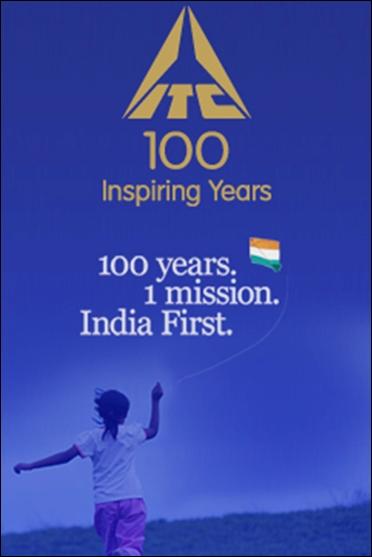

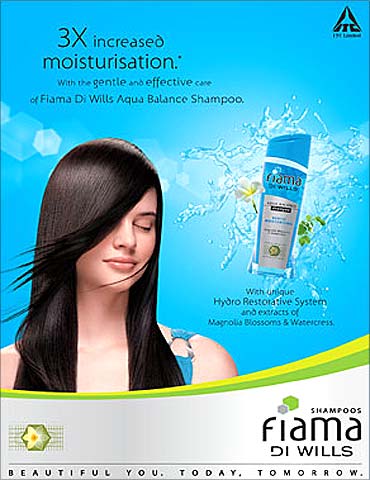
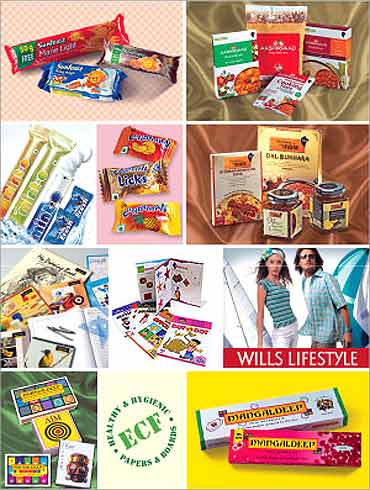
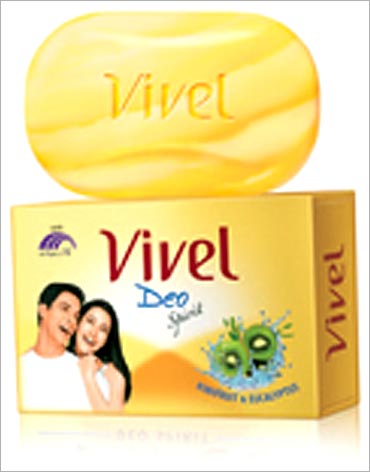
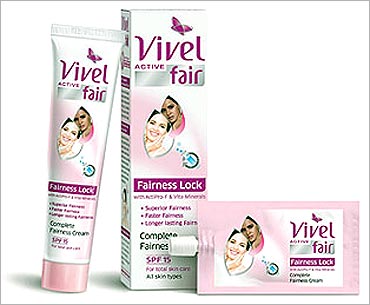
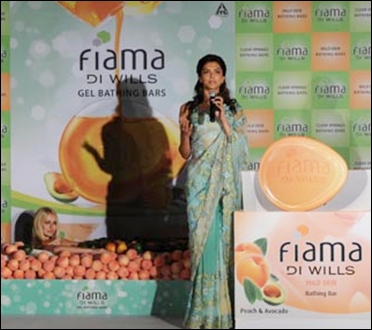
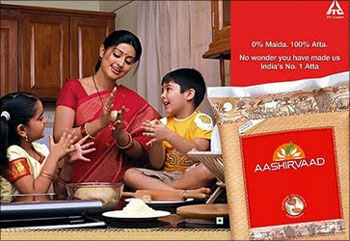

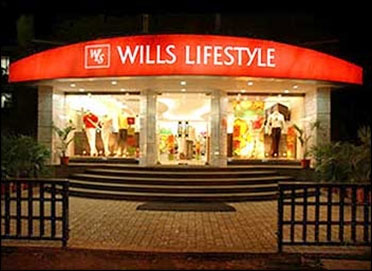

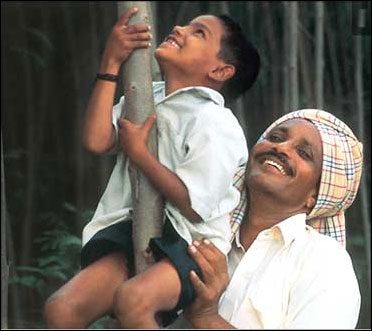
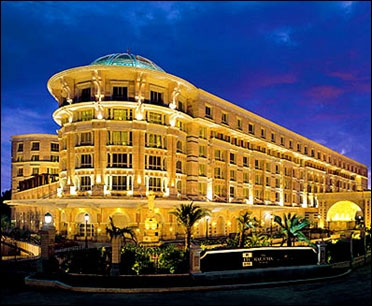


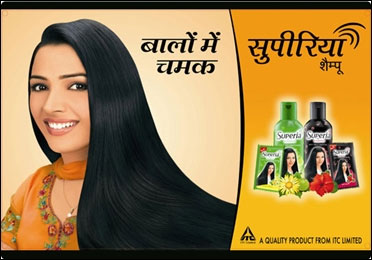
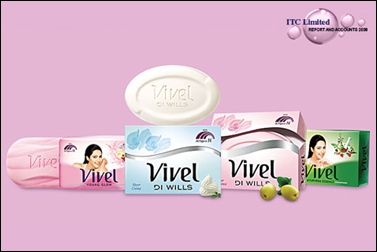
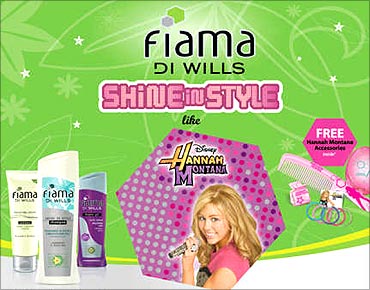
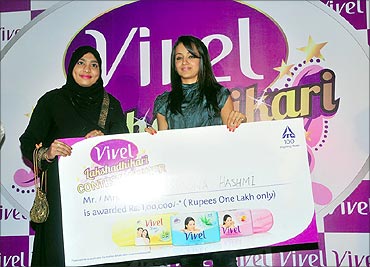

article